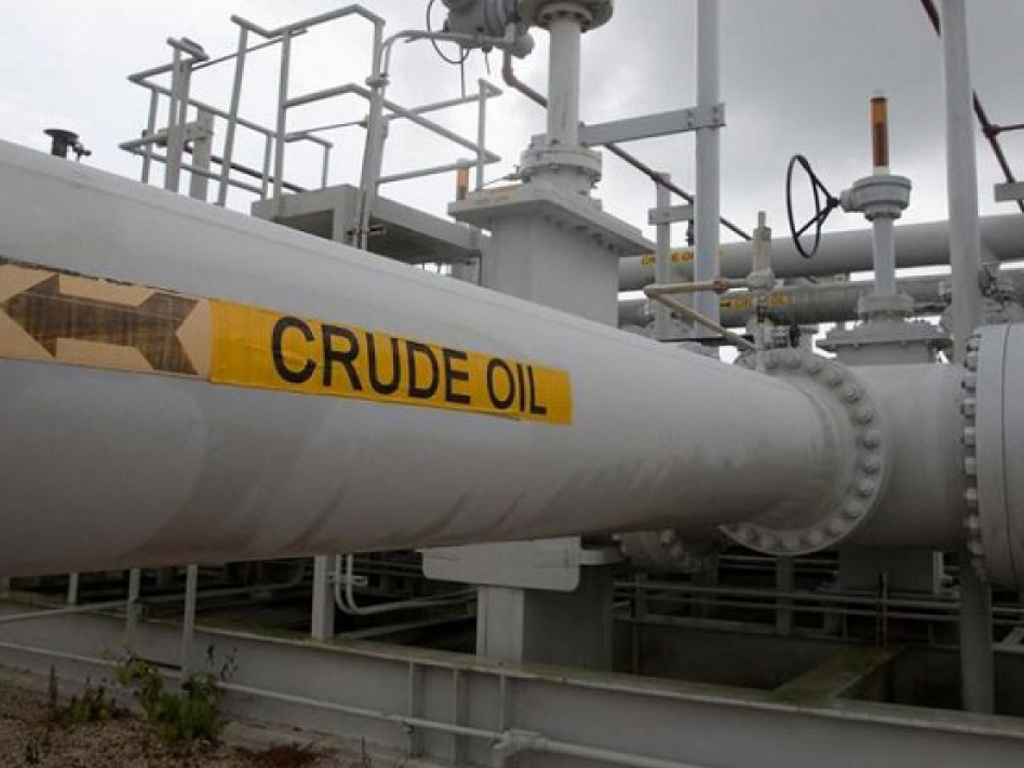 CARACAS: Venezuela's crucial oil upgraders have stopped processing heavy crude because a decline in exports due to US sanctions has left the OPEC nation without sufficient storage space, seven sources familiar with the facilities told Reuters.
CARACAS: Venezuela's crucial oil upgraders have stopped processing heavy crude because a decline in exports due to US sanctions has left the OPEC nation without sufficient storage space, seven sources familiar with the facilities told Reuters.
Three of the four upgraders, which convert extra-heavy Orinoco oil into lighter exportable grades, have started "recirculating" - a process that keeps systems running to prevent damage but does not yield new upgraded oil.
The shift signals that state oil company PDVSA is struggling to maintain operations after US sanctions this year eliminated its main customer by restricting sales to US refiners.
"The upgraders are recirculating because there is an excess of production, and there are no buyers," one PDVSA source said.
None of Venezuela's upgraders are processing crude, the sources said.
Three upgraders, which are part-owned by foreign companies Chevron of the US, France's Total, Norway's Equinor and Russia's Rosneft, are in recirculation mode. The fourth, fully owned by PDVSA, has been offline for months.
A separate facility that blends Orinoco crude with lighter grades, a joint venture between PDVSA and China's state-run CNPC called Sinovensa, was producing around 70,000 bpd of exportable crude as of May 14, according to one of the sources.
That was down from about 100,000 bpd earlier this year, the source said.
"Everyone is at zero except for Sinovensa," said a source at one of the joint ventures.
Neither PDVSA nor Venezuela's oil ministry responded to requests for comment.
Total, Rosneft and CNPC did not respond to requests for comment. Chevron and Equinor deferred comment to PDVSA.
The difficulty finding buyers prompted crude inventories at Venezuela's main export terminal, Jose, to rise to 1.9 million barrels late last week, their highest level in at least three months and up nearly 20 percent from the end of April, according to consultancy Kpler.
Inventories dipped earlier this week but are still above 1.8 million barrels.
To be sure, there is also a "major maintenance program" under way at the Jose terminal through May 21, according to an internal PDVSA document, also contributing to the drop in exports.
Trade publication Argus first reported that the upgraders had begun recirculating and added that PDVSA was evaluating plans to transform them into less complex blending facilities due to chronic equipment breakdowns, citing a senior company official.
The upgraders had increased output in April after being forced offline multiple times in March due to devastating nationwide blackouts.



























Comments
Comments are closed.